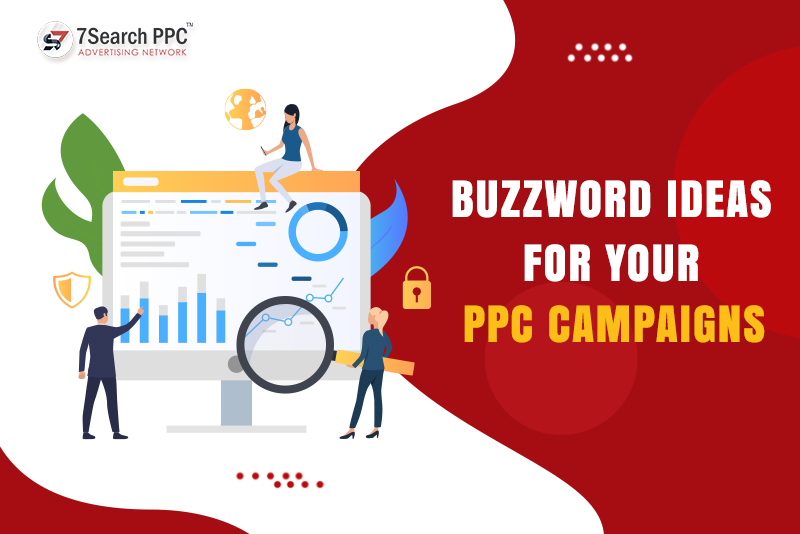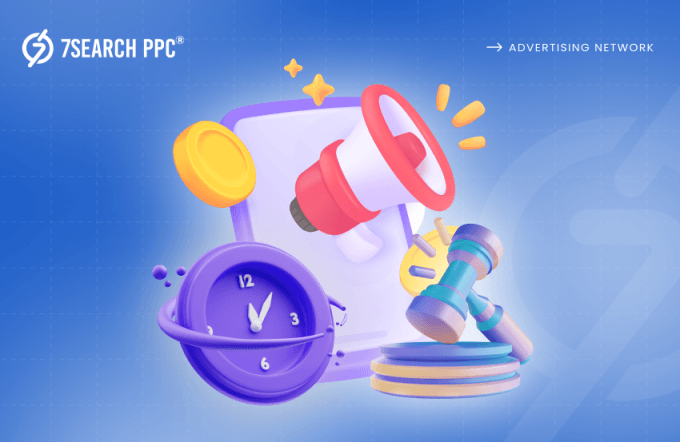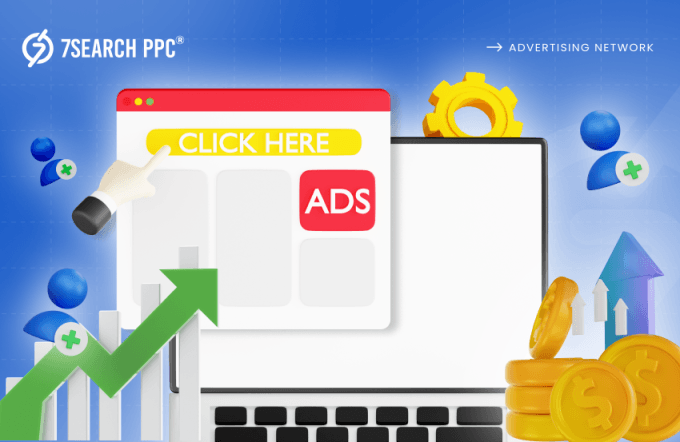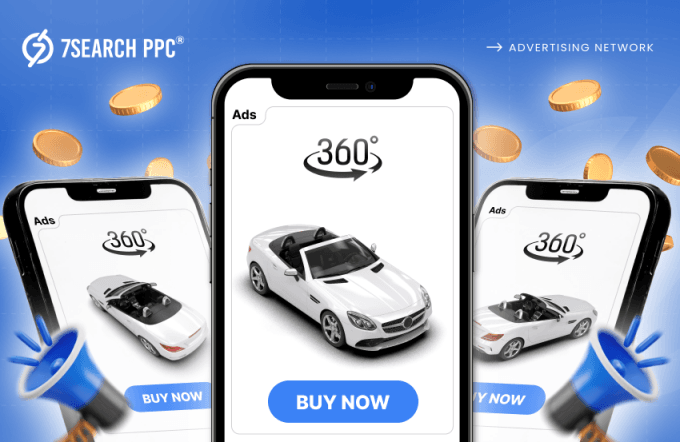You can identify great buzzword ideas for your PPC campaign from a mile away; why? Because it will be eye-catching, speak to its target audiences, and motivate users to click or make a purchase. One way to make your PPC campaign pop out is to use buzzwords. Using these words is a simple way to attract people’s attention and reach your goals in the short time that someone is willing to spend looking at your ad.
The strength of a successful PPC campaign lies in the use of persuasive language. It doesn’t matter what tool or how many fancy features you are using to prepare your PPC campaign; it will be of no use if your audience doesn’t like your ad’s language.
What Is A Buzzword?
A buzzword is not something that stays constant; any word that gained enough popularity that a person would recognize it in a sea of words can be considered a buzzword. People sometimes refer to these words as “jargon” or “marketing jargon.”
In the most literal sense, a buzzword is a word that is creating a buzz, meaning people are talking about it everywhere. A buzzword can come in many forms – a single word, a short phrase, or an acronym. The only similarity between different buzzwords is that they all get people excited.
Now the question is, “Can buzzword marketing be effective for my business?” using buzzwords in your marketing and ad copies can be beneficial in certain instances. For example, if you need to present to your audience that you belong with them and understand their problems. Another use of buzzwords can be to filter out irrelevant people who are not likely to buy what you are offering.
PPC campaign containing buzzwords don’t cater to a broad audience. People running buzzword-laden PPC campaign know who they want to target and choose the buzzword carefully to stand out to a particular set of audiences. They use the buzzword that will stand out for their potential customers.
Ads containing these words, don’t explain or define them because they know their target audience already understands them.
How Can Buzzwords Boost Your PPC Campaign?
PPC advertisers don’t have the luxury of time on their hands. It is to say that they have to grab people’s attention in a few seconds before they will scroll past the ad. In a few seconds, they have to impress the viewer, and buzzwords can significantly help make that impression.

Buzzwords are popular because they are catchy and memorable. Humans tend to prefer things that sound familiar including language. It is called cognitive fluency. When we become familiar with a word, it becomes easier for us to understand and remember it.
Why Is It Critical To Use Buzzwords In Your PPC Campaign?
It is apparent that countless ads are competing for the same audience’s attention, and in the sea of thousands of similar-looking ads, you need to stand out. The constraints of a PPC ad copy’s size and the time people spend looking at them often limit creativity and make it virtually impossible to convey your message in full detail. That is why using buzzwords is necessary.
Buzzwords help your PPC campaign stand out and simultaneously appeal to the audience most likely to become your customers.
The following are the benefits of using buzzwords in your PPC campaign:
Grab Attention Quickly
Most people only read the first few words of the ad copy and move on. Inserting buzzwords at the start of a sentence can quickly grab your target audience’s attention due to them recognizing the term.
Everyone uses the same words in the ad space in their ad copy – the usual sell, buy, quality, and fast; do you think your PPC campaign would stand out if it consisted of similar words? Possibly not. You only have two or three words to grab your potential customer’s attention, and if you start your PPC campaign with generic terms like buy, quick, offer, etc., you will not be able to get them to click.
Grabbing attention requires some work, which is why using a word that your target audience can instantly recognize will always give you better results than using a generic word in your ad copy.
Increase Your Visibility
Using buzzwords will help you become more visible to your audience. These words can show up in timely searches for hot topics. You can use this increased exposure to direct viewers to a landing page with less flashy language and more of the things you want them to see.
It is best to evolve with the market and your audience to stay relevant. You can use different headlines on your PPC campaign with attention-grabbing buzzwords and keep updating them as the language changes.
Reach The Right Audience
The key to success for a PPC campaign is reaching the right audience. When the right people connect with your ad copy, they can become highly motivated individuals who have a significantly higher chance of converting.
Buzzwords allow a marketer to signal that they are an insider speaking to others in that exclusive group. These buzzwords can also help you communicate your value to potential customers quickly based on shared understanding and status.
Show You Understand Your Audience
A PPC campaign is all about marketing. However, your ads are not targeting robots; they focus on humans who you can sway by psychological impulses. Whether they realize it or not, most people make most of their decisions based on their emotions.
Buzzwords are a part of the language that people use to show they belong in a group. When you speak the same language, you can connect with them psychologically. When they see the relevant buzzwords, they will see you as someone who can understand them.
If your ad can look like you designed it for actual human beings, if it can generate an emotional response that fills the psychological needs, you are highly likely to motivate people into clicking and converting.
Rembert, people searching for a thing are looking for reasons to buy from you. If you can relate to them and reassure them that you know what they are looking for and offer a solution to their problem, they will be motivated to buy from you.
How To Find Suitable Buzzwords For Your PPC Campaign?
The most effective buzzwords for your PPC campaign will be from the language that your customers are using. For that, you have to conduct thorough marketing research about your targeted audience.
Try paying attention to:
- How do your customers communicate when they write you emails or call your business?
- What language are they using to describe their problems and pain points?
- What do they ask for specifically when asking for solutions?
- Which Type of words do they use when writing reviews or commenting on your blogs?
Try talking to the service and sales department. These people speak to your customers all the time, and they are used to hearing the customer’s language. If you use these terms in your PPC campaign to address your customer’s concerns, they will be able to show them that you are listing. It is a powerful message to send.
You can also analyze the conversations in the online communities you serve. Look at what your audience is saying. It is also essential to know what your competitors are saying and what topics are at the heart of the most active conversations online.
How To Use Buzzwords?
Understanding a PPC campaign structure is key to using the buzzword properly in your PPC campaign. If you have a good understanding of a PPC ad structure, you will know where to put the buzzword. Every PPC campaign consists of three main sections; headline 1, headline 2, and a description.
Viewers often only read the headline of an ad, and if they don’t find it interesting, they move past it. Some devices can also cut off portions of your ad due to space limitations. So it is best to put your buzzwords in your PPC ad’s main heading to ensure that people will see them.
Ideas To Get You Started Using Buzzwords In PPC Campaign
So, are you ready to get started with the buzzwords? The following are some of the ways to make the most of these buzzwords in your PPC campaign:
- Determine what audience you want to target with your ads and do buzzword research accordingly.
- If your new targeted audience is similar to your existing customer base, use the same language in your ad copy that your customers use.
- Look at online reviews to figure out how your customers describe their pain points.
- Check the emails sent by your customers looking for a solution.
- Consider client testimonials for positive feedback and see how they describe success.
- Talk with customer service and sales department for suggestions.
- Try looking at online forums and social media comments for new buzzword ideas.
- Incorporate your customer’s language in your ad copy.
- Create your PPC campaign from new messaging revolving around the buzzword.
- Ensure your landing page content is in sync with your customer’s search queries.
- Try creating multiple ads with different buzzwords that all point to a single relevant landing page.
- Avoid using buzzwords that can go stale in your website content that you intend to use for a more extended period.
- Don’t stagnate. Refresh and update your ad copies with the evolution of PPC advertising language and buzzwords.
- Make sure that your ads direct users to the relevant content to prevent them from navigating away.
- Keep in mind your potential customer’s journey while writing the ad copy.
- Try to let your customers see themselves in your PPC campaign.
- Try to present yourself as an insider in a specialized industry.
- Strive to become a trusted name by providing solutions to your audience by showing what you know.
- Create a sense of urgency by including your customer’s needs and presenting them to tap into their desire.
- When targeting a new audience that is different from your existing customers, analyze their community, and use their buzzwords.
What Is The Difference Between Buzzwords, Keywords, And Hashtags?
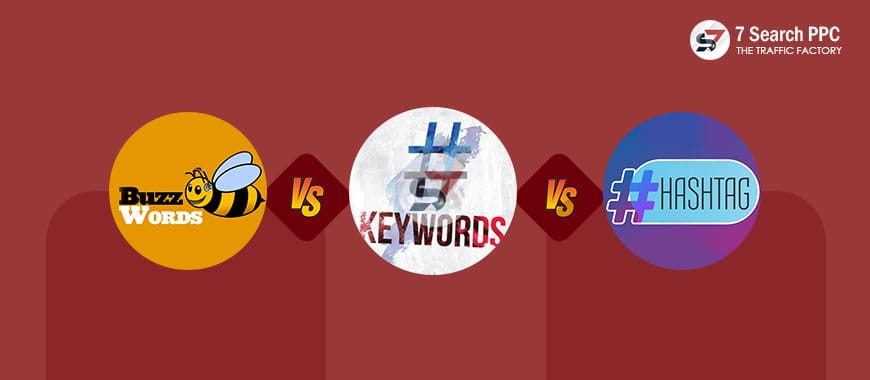
Buzzwords are popular or trending words that attract quite a lot of attention, however, only for a short period. They are not part of the language that stays fresh for long. They eventually become stale and fall out of use, or sometimes even develop negative connotations. Buzzwords are most suitable for short content that needs to make a quick impression, such as your PPC campaign.
Keywords are the search terms that people type into a search engine when they want to find something. You want to research these terms so your website can show up on the SERPs (search engine results pages). While you have to include specific keywords in your ad copies and website content as they help you run over time, they are not as trendy and short-lived as buzzwords.
Hashtags are words or phrases that don’t have any spaces between them, written after a hash “#” sign. You can commonly find #hashtags in social media posts. These #hashtags can help you tag your posts so other users on the platform can easily find them. Using #hashtags in social media is a sure way of showing up in the right conversations online and growing your social following.
What are Some Popular Buzzwords?
Every industry has its unique advertising buzzwords, the correct use of which can differentiate the insiders from the outsiders.
Buzzwords are more common in fields where language changes quickly. Anywhere with many innovations in new areas and new developments in capabilities can speed up language change.
The best example of this is in the tech industry, where it seems that every day a new buzzword is coming into existence. If you are not using the most recent terminology in your industry, you will be left behind.
The use of buzzwords makes you look like an expert. If you sell a product or service without the appropriate industry language, they don’t trust you and go elsewhere.
Earlier, in the auto industry, it was a “used car” Now they are throwing around the buzzword “certified pre-owned” vehicles. Regardless of your personal preference about the term, most people will have drastically different reactions to ads for “certified peer-owned” vehicles compared to “used cars.”
If you don’t use the new term, you might struggle to sell at the same levels as those who have adopted it.
Following are some examples of common buzzwords:
- Clickbait
- Freemium
- Hyperlocal
- Touchpoint
- Disruption
- Transformation
- Leverage
Following are some examples of common buzzword phrases:
- Growth hacking
- Big data
- Blue-sky thinking
- Digital transformation
- Facetime
- Value-added
- Deep dive
- Next-gen
- Pushing the envelope
Following are some examples of common buzzwords, acronyms, and meanings
- CRO – Conversion rate optimization
- SEO – Search engine optimization
- RFID – Radio-frequency identification
- B2B – Business-to-business
- CAD – Computer-aided design
- ROI – Return on investment
- EOD – End of day
- AI – Artificial intelligence
How Not To Use Buzzwords?
Accommodating buzzwords in your PPC ad copy is a powerful way to boost engagement by quickly attracting a specific audience’s attention. However, when using buzzwords, ensure that you take only the relevant and widely used words and phrases. Check that they don’t have multiple meanings before your ad copy goes live.
Don’t use buzzwords for the sake of using them. Avoid using buzzwords for communities you aren’t a part of, as that will confuse your customers. They want to listen to the language “they” use, not the language “you” use.
People reading your ad copy should be able to get your point at a glance and without context. Make sure your buzzwords fit these parameters. If a word needs explaining, it doesn’t belong on your ad copy.
If a person cannot get your value proposition in the first few seconds, your ad will likely miss the marks.
Using Buzzwords in Longer Content
Buzzwords are not suitable for any content you want to keep for a long duration; this includes landing pages and content marketing. Buzzwords have a short life span and sound dated in a few months, making it time-consuming to regularly update your content pages.
Ads are the things that you typically refresh after a few weeks in response to changes in language or popular buzzwords, which is why a PPC ad copy is the prime location for putting a buzzword.
Using too many buzzwords in your content can also displease people and make them think that you lack substance and try to compensate for it using buzzwords. Some buzzwords are so overused that they can turn off people entirely.
The following are some buzzwords to avoid:
- All hands on deck
- Get your ducks in a row
- Bells and whistles
- Hit the ground running
- Low-hanging fruit
Conclusion
Buzzwords in your PPC campaign can help you target a specific set of audiences swiftly and effectively. When used correctly, these words trigger an emotional response in customers and persuade them to act.
While writing your PPC ad copy, it is essential to remember that plain language will always be better than overly complicated jargon.
Avoid cluttering your ads with multiple buzzwords. Also, don’t stuff unrelated buzzwords into a single ad copy. Let the buzzwords stand on their own, and try to build your ad copy around the buzzword to make it blend.

